The aim of this paper is to explore Iraqi journalists' perceptions of state corruption and democracy in order to deepen the understanding of the journalist’s role in democratic participation. Survey interviews were conducted ona sample of Iraqi journalists, using the theory of participatory democracy to design the instrument. The results show, based on demographic variables, a variety of perceptions towards democratization among the examined journalists, who are members of the Iraqi Journalists Syndicate. We argue that journalists can be active contributors to empowering public participation in the democratization process, a concept which closely corresponds with participatory democracy theory.
Introduction
Iraq ranked 162 out of 180 nations listed on the 2019 corruption perception index (CPI) report issued by Transparency International (2019). Additionally, the country was placed at 160 out of 180 countries in the Reporters Without Borders (RSF) 2018 World Press Freedom Index (2019). On June 12, 2018, RSF condemned the arrests of reporters who had been investigating corruption in various parts of Iraq, and called for an end to their persecution. By observing the Reporters Without Borders and Transparency International reports, which show increased risk for journalists and increasing rates of corruption, two issues arise: the first is the role of Iraqi journalists in coverage of corruption; the second is journalists’ perceptions of the Iraqi political system.
In this respect, the Journalistic Freedoms Observatory (JFO) has frequently reported that local officials act with impunity, employing judicial interference and even death threats to terrorize journalists who investigate corruption (Reporters Without Borders 2018). The increasing rate of state corruption in Iraq and its relationship to the role of journalists arose as a result of the changing Iraqi political system since the 2003 United States invasion of Iraq, which set up a new political system and began a democratization process allowing Iraqi political parties to participate in the 2005 election (Altheide and Grimes 2005: 118). The attempt to expand the political system, or the democratization process (Kadhim 2013), continued with elections every four years until May 2018, which had the lowest participation rate since the Iraqi political system changed in 2003.

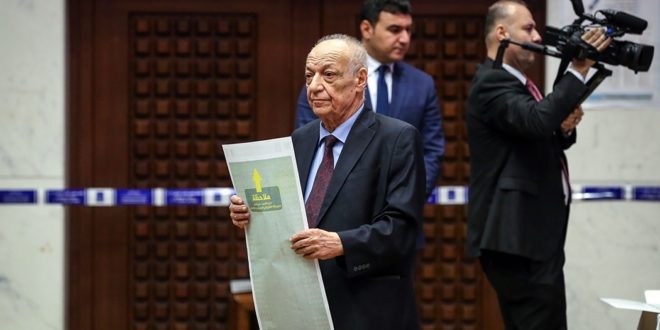
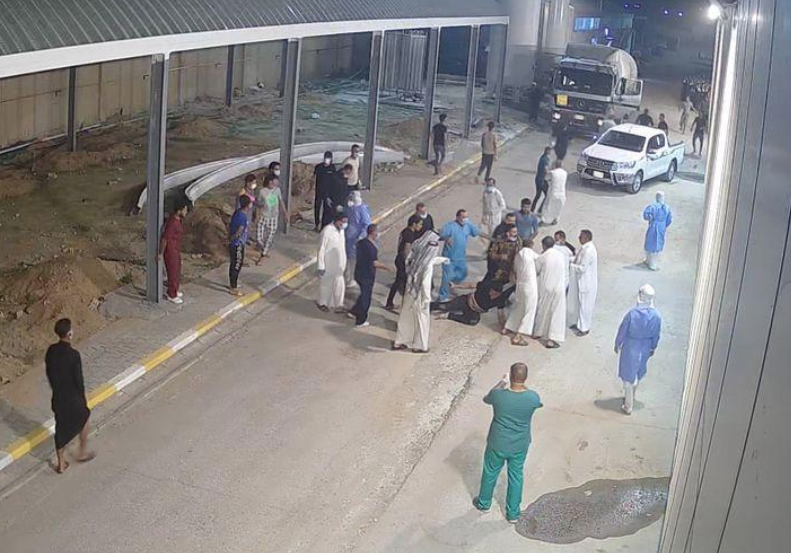
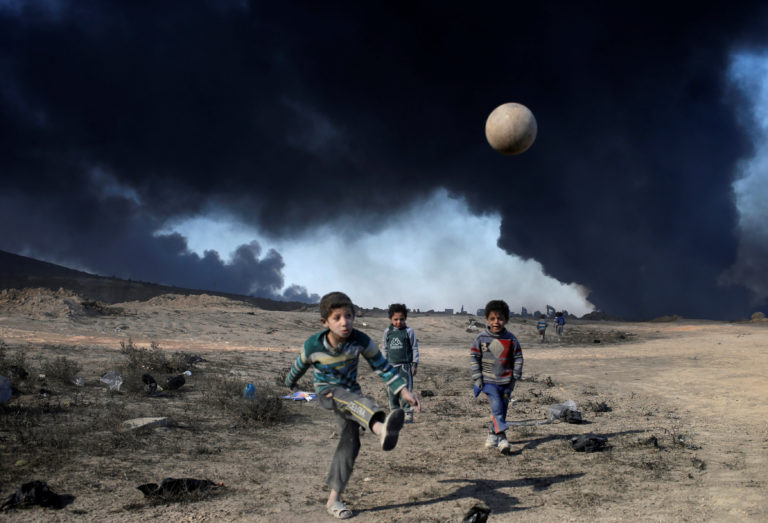
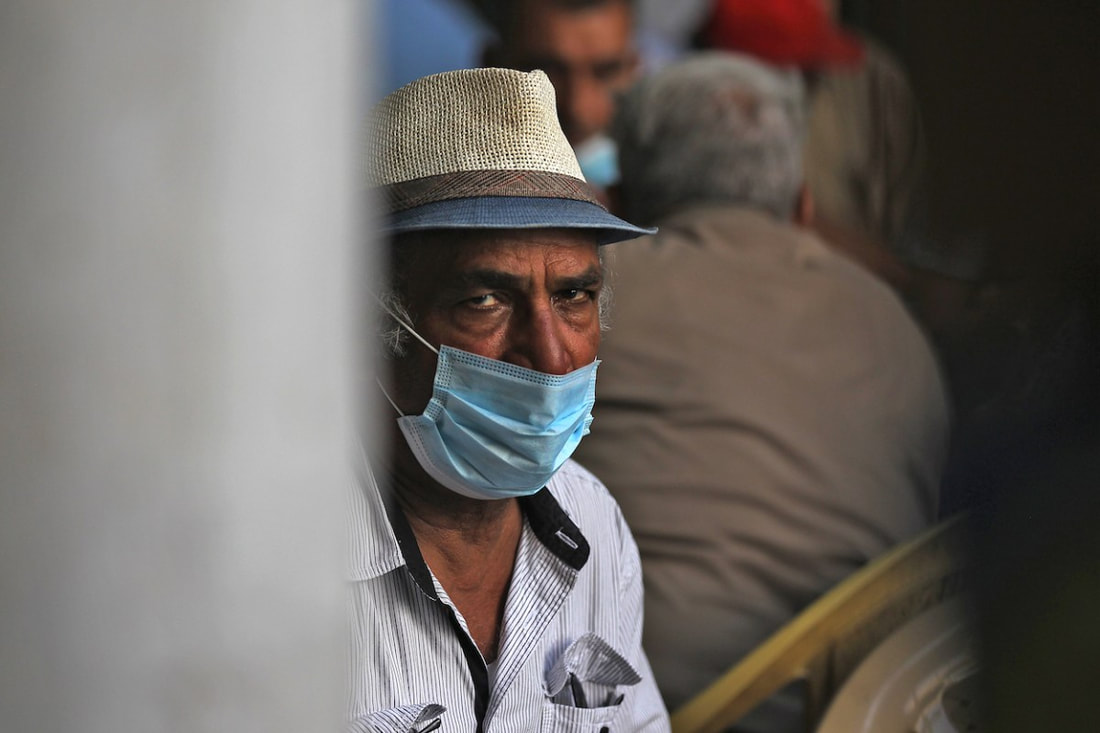
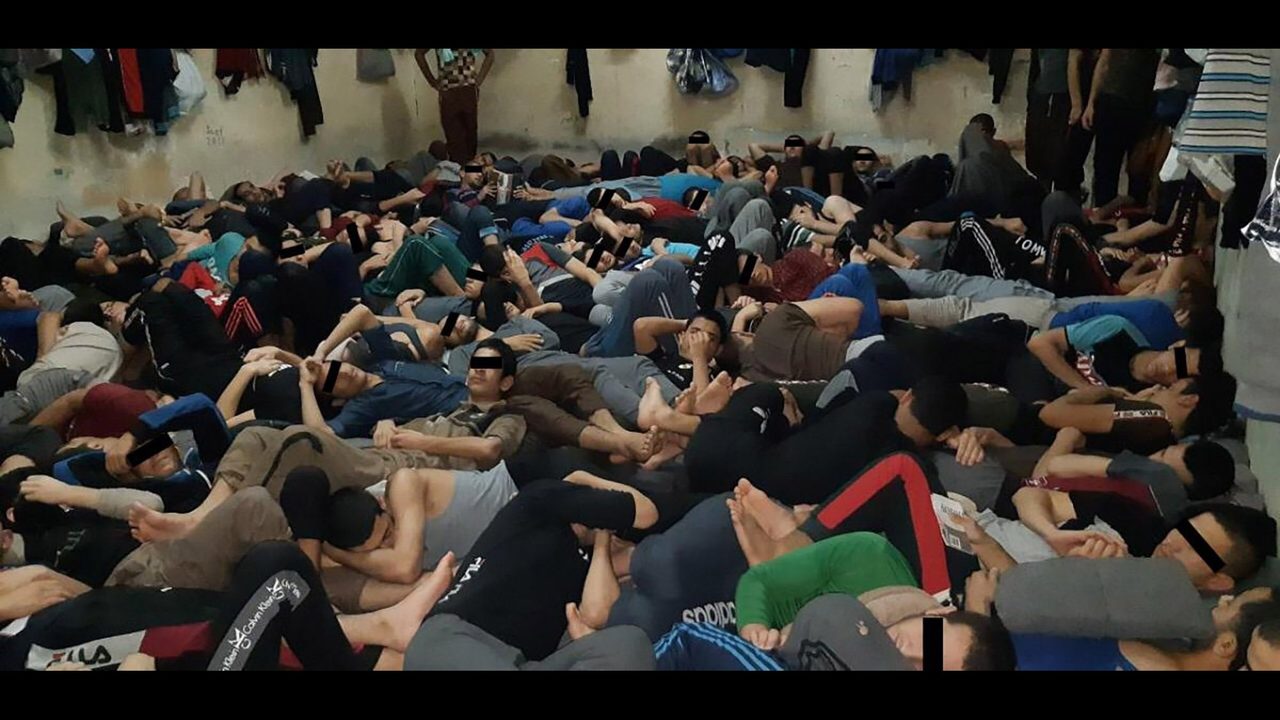
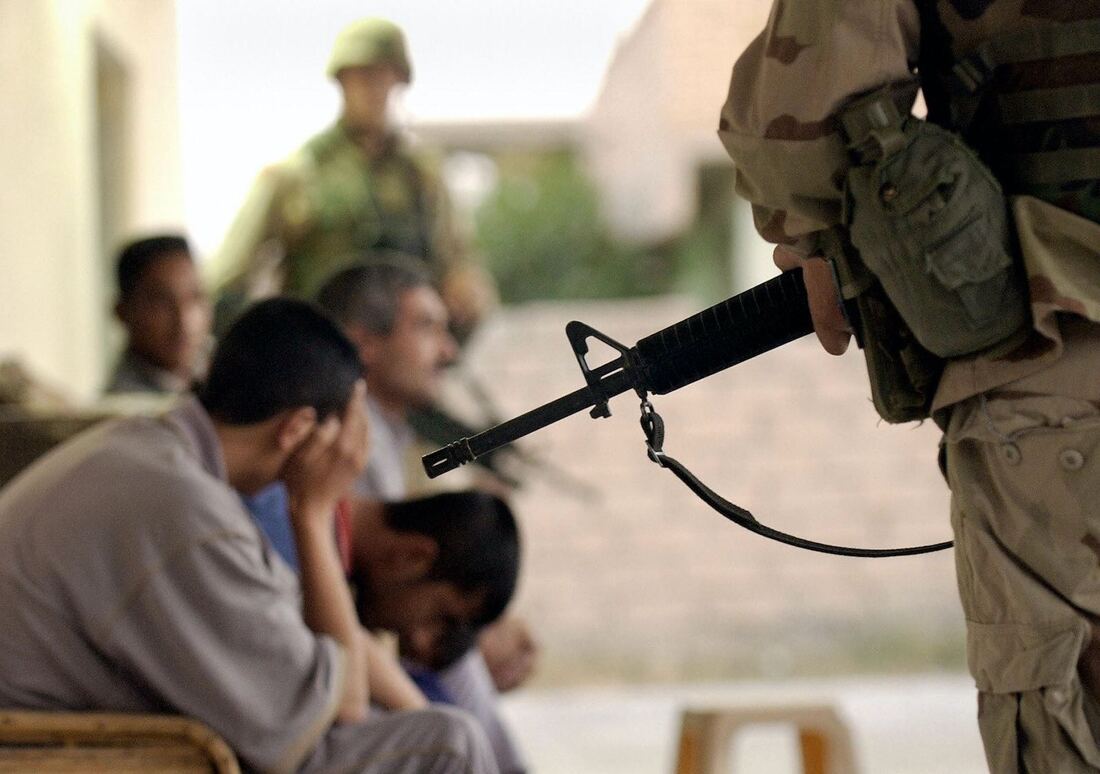
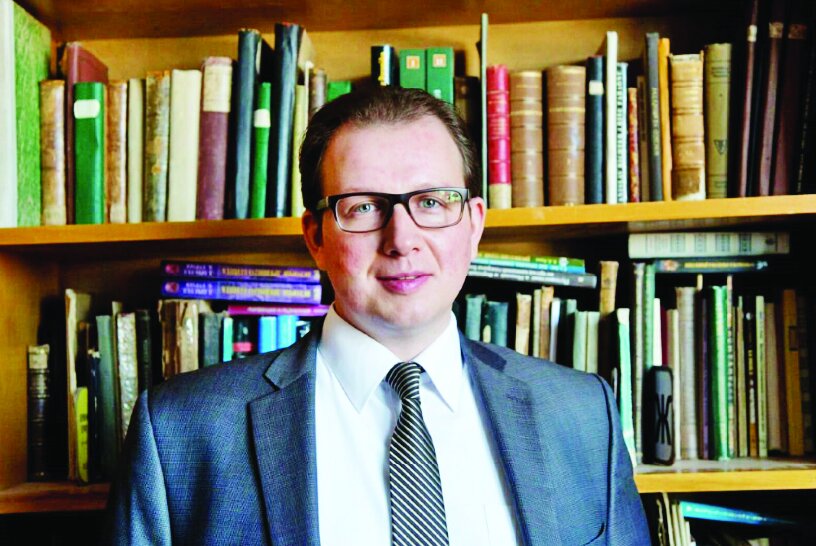
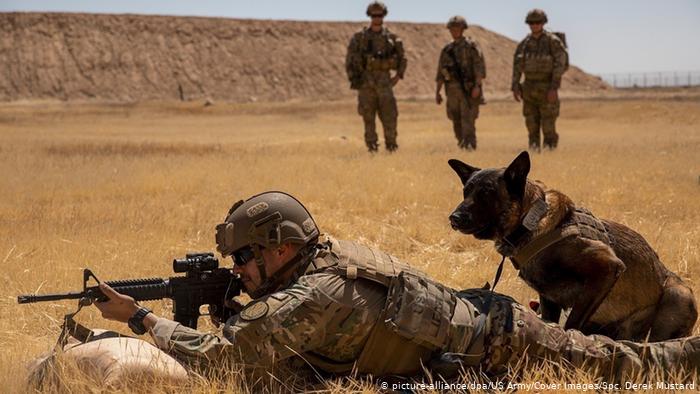
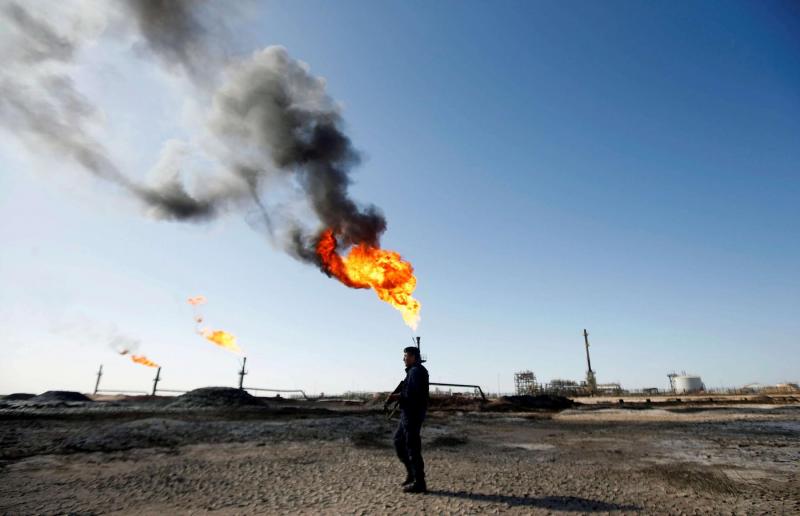

 RSS Feed
RSS Feed